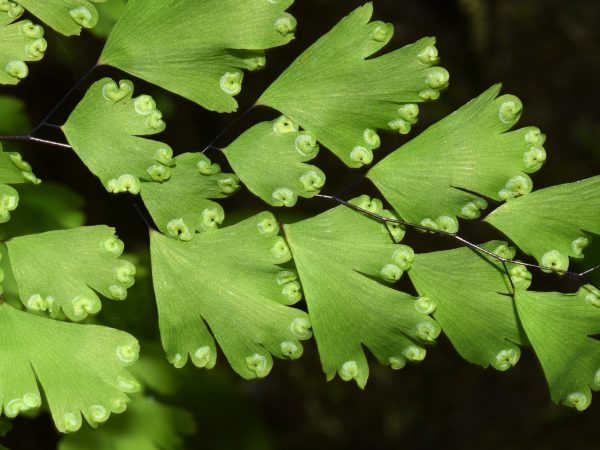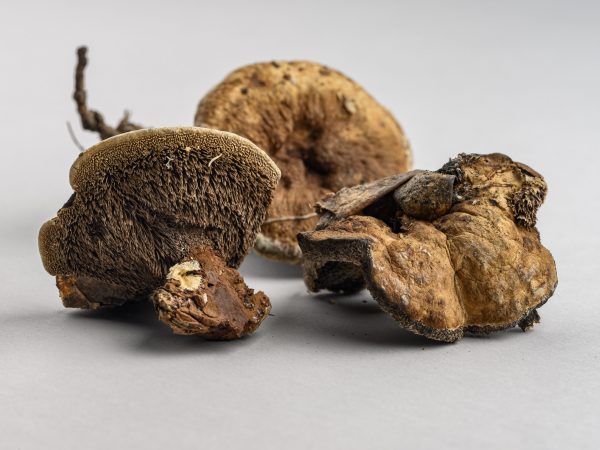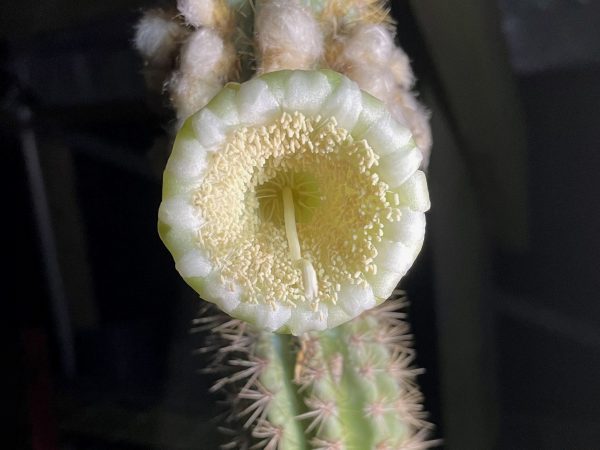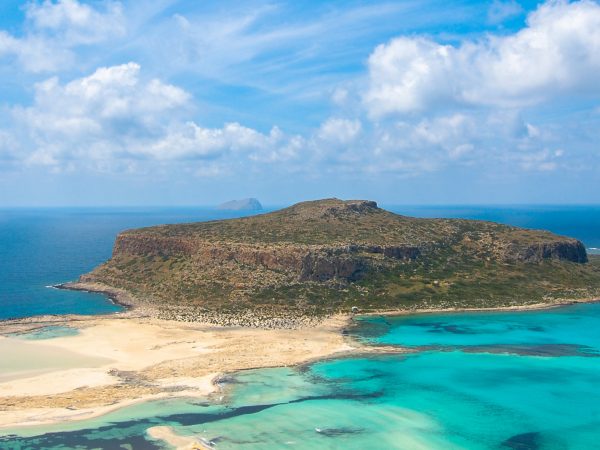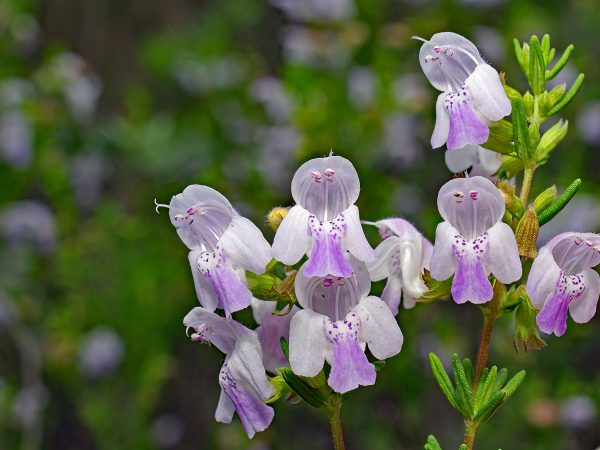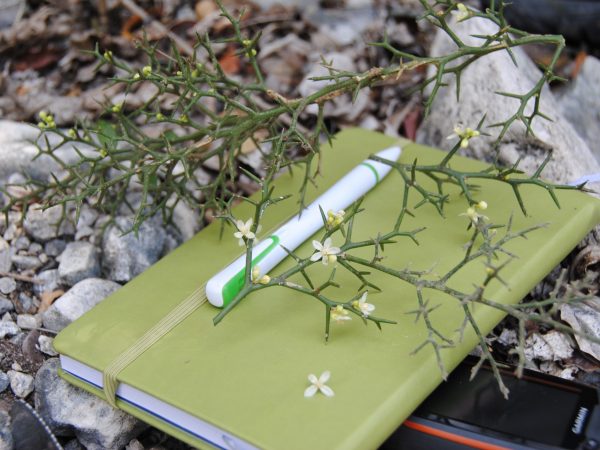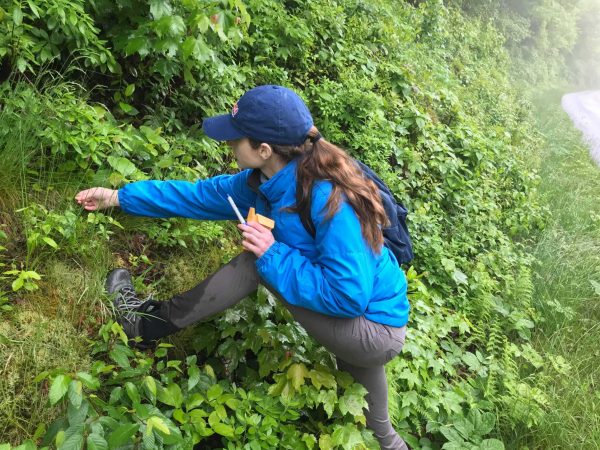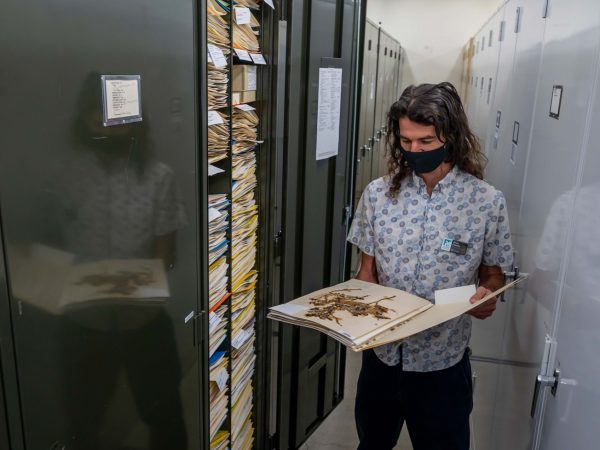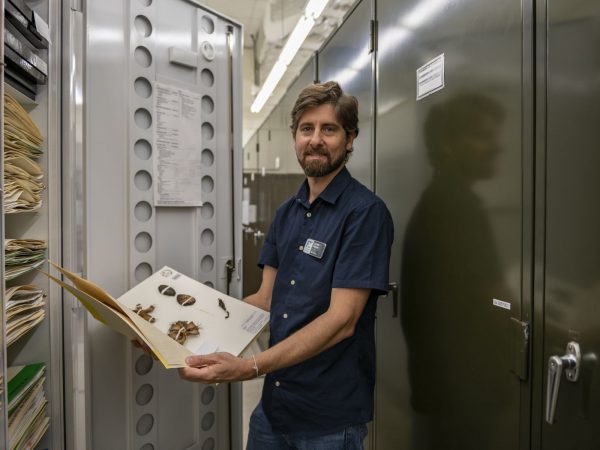Scientists trace ancient bird flight paths using modern plant diversity
Key points The Massif de la Hotte is a young, exceptionally biodiverse mountain range in southern Haiti that is home…
Read More
Biologists create a one-stop shop for world’s most charismatic plants
The Florida Museum of Natural History has partnered with 35 herbarium collections across the United States to create a web…
Read More
Spooky natural history
This Halloween season, we’re celebrating a part of Florida’s natural history that’s often underappreciated: fungi, parasites and wasps. We’ve also…
Read More
First local extinction in the U.S. due to sea level rise
The United States has lost its only stand of the massive Key Largo tree cactus in what researchers believe is…
Read More
Botanists and archaeologists receive National Science Foundation grant to study Mediterranean history
It’s an unusual collaboration. Botanists and archaeologists don’t often work together, unless they’re studying the way people have used plants…
Read More
Florida mints radiated as peninsula sank and resurfaced during ice ages
During the ice ages of the Pleistocene, the Florida peninsula regularly expanded to twice its current size as glaciers grew…
Read More
Researchers discover new species in critically imperiled ecosystem
Researchers working in one of the world’s most biodiverse and threatened ecosystems have discovered a new plant species, Castela senticosa,…
Read More
Students return to the field with the aid of museum travel awards
Every year, the Florida Museum’s Department of Natural History awards funding for University of Florida graduate students to help cover…
Read More
Alan Franck joins Florida Museum as UF Herbarium collections manager
The University of Florida Herbarium welcomed Alan Franck as its new collections manager earlier this month. As part of his…
Read More
Lucas Majure earns UF Excellence Award for Assistant Professors
Florida Museum of Natural History botanist Lucas Majure is a 2021 recipient of the University of Florida’s Excellence Award for…
Read More
